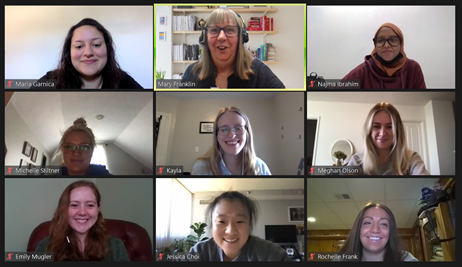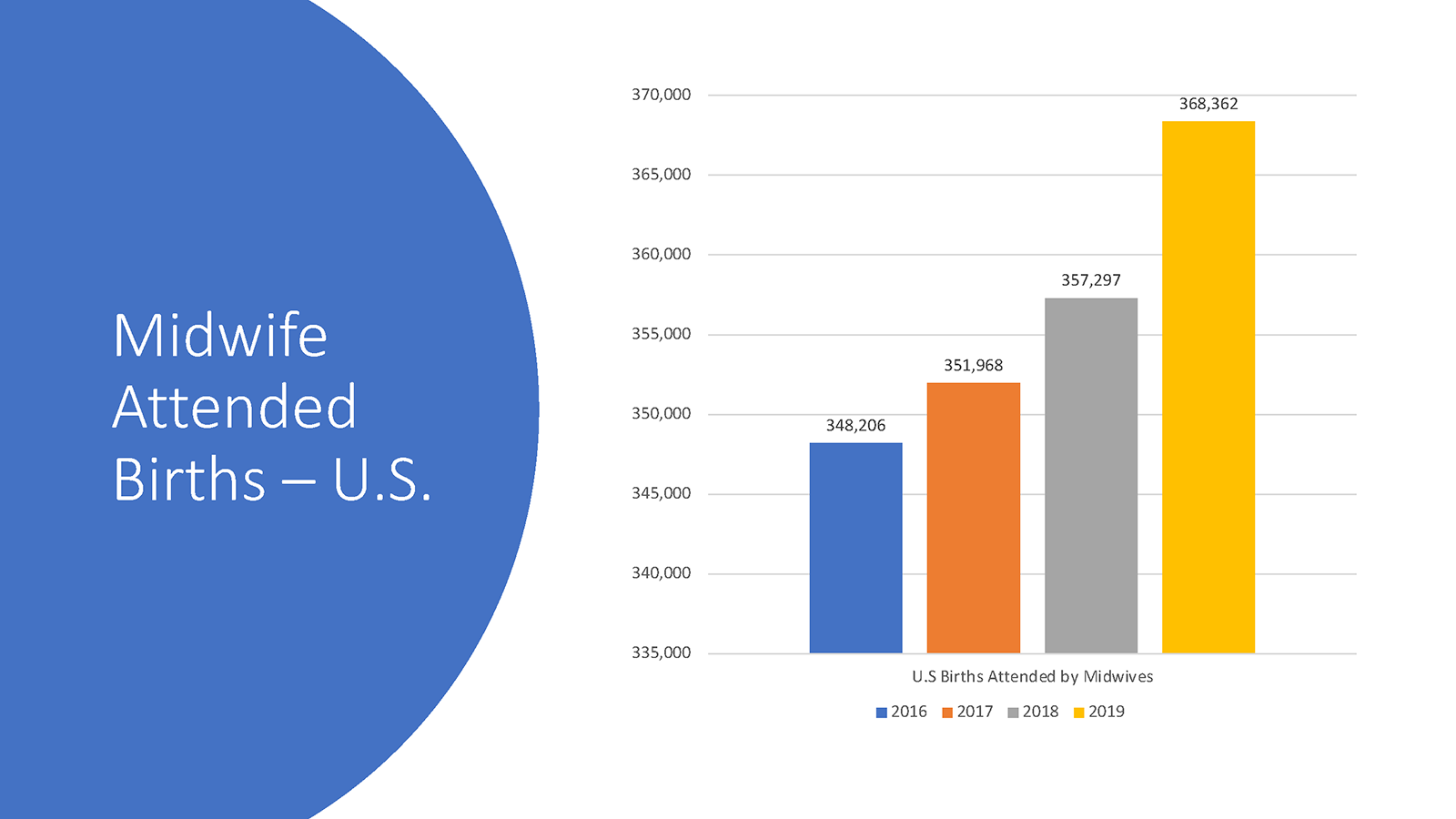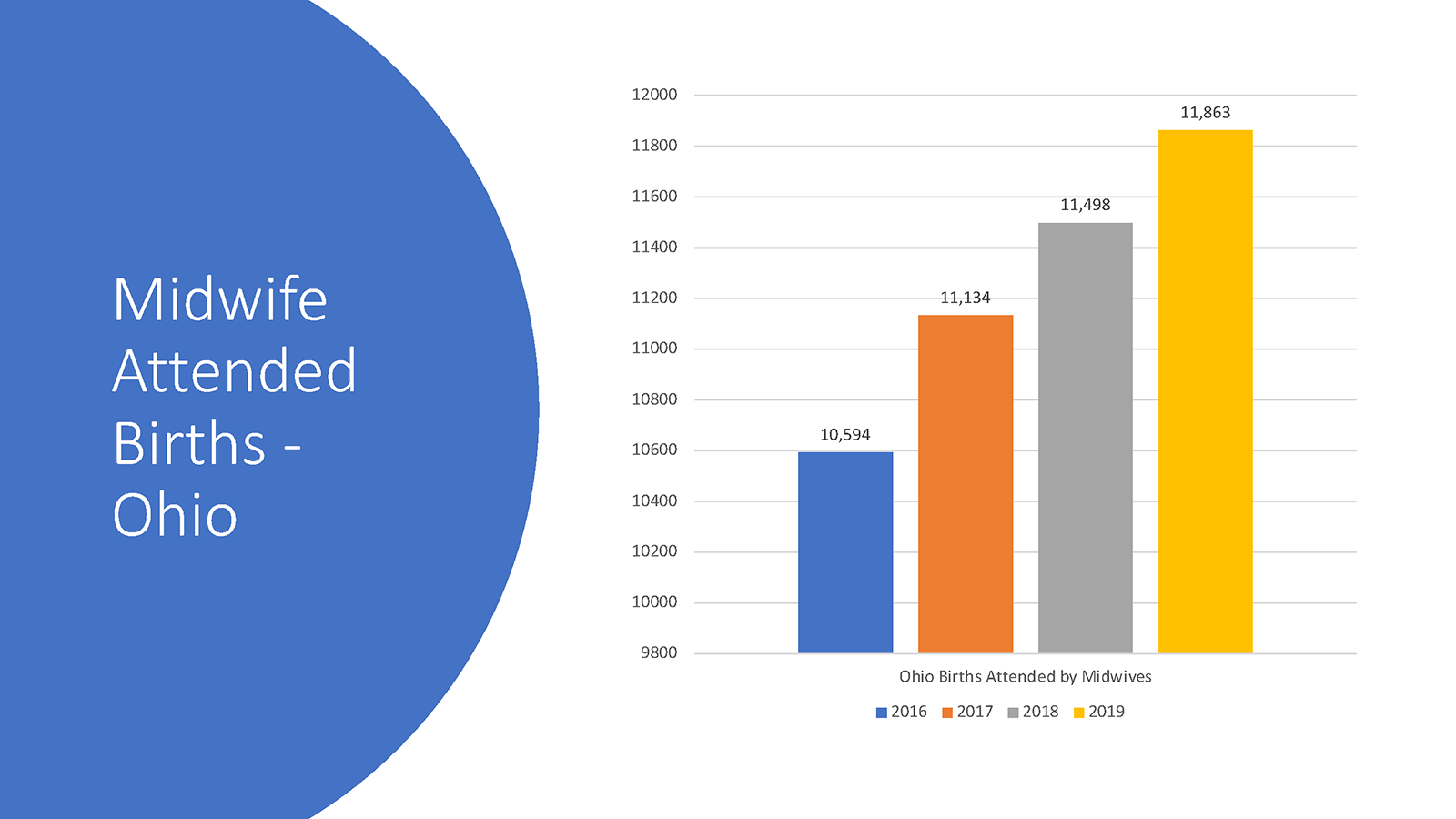Certified Nurse Midwives (CNMs) manage women's health care, focusing on common primary care issues, family planning and gynecologic needs, pregnancy, childbirth, the postpartum period, and care of the newborn. CNMs practice in accordance with the Standards of Practice of Midwifery, as defined by the American College of Nurse-Midwives (ACNM).
ACNM created National Midwifery Week to celebrate and recognize midwives and midwife-led care. For 2021, the week's theme is "Midwives for Every Community."
But what about the community of nurse midwives at the Frances Payne Bolton School of Nursing? Mary Franklin, director of the Nurse Midwifery and Women’s Health Nurse Practitioner programs, said beneficial changes in health care have occurred since midwifery began at the school, including the move to more standardized, evidence-based practice; expansion of reproductive health services covered under the Affordable Care Act; and recognition that midwifery care improves outcomes.
Midwife-Attended Births on the Rise
According to the most recent natality data from the Centers for Disease Control and Prevention, midwife-attended births are up six percent nationally from 2016 to 2019, with midwives attending a total of 1,425,833 births during that time period.
In Ohio, CNM-attended births increased 12 percent from 2016 to 2019. During that time period, CNMs attended a total of 45,089 births in the state.
Midwifery Numbers and Stats at FPB
- FPB's Master of Science in Nursing - Midwifery Program graduated its first class in 1985
- Since then, 219 Nurse Midwives have graduated from the program
- There are 8 MSN students currently enrolled in the Nurse Midwifery Program
- The program has had a 100% graduation rate for the last five years
- All Nurse Midwifery graduates are eligible for a dual-certification in WHNP
Learn more about the Nurse Midwifery Program on our website, and download the latest Nurse Midwifery Program Brochure.




